Vegan pregnancy guide: What to eat, supplements & safety
Everything you need to know about enjoying healthy vegan pregnancy
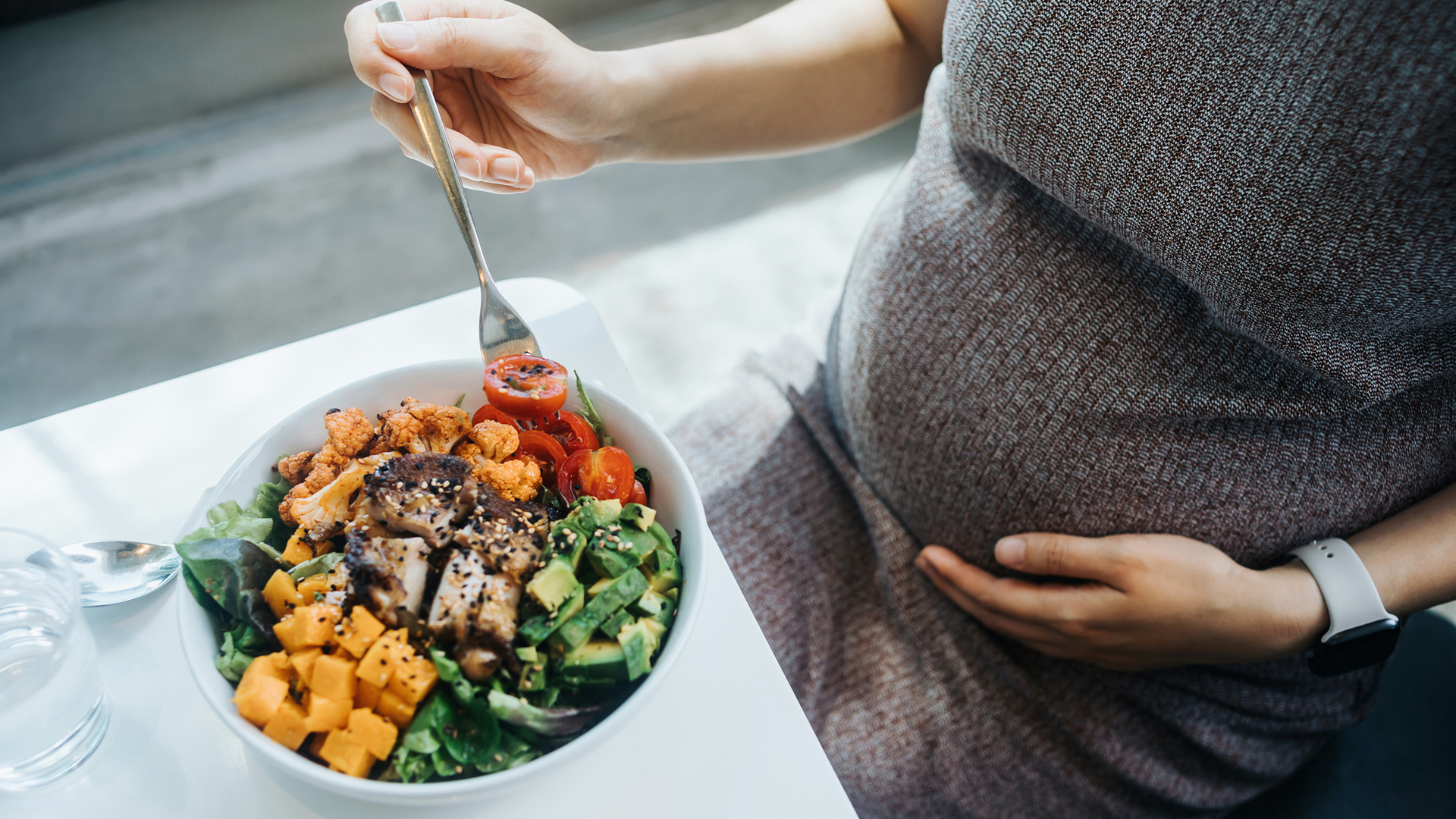
Get the world’s most fascinating discoveries delivered straight to your inbox.
You are now subscribed
Your newsletter sign-up was successful
Want to add more newsletters?

Delivered Daily
Daily Newsletter
Sign up for the latest discoveries, groundbreaking research and fascinating breakthroughs that impact you and the wider world direct to your inbox.

Once a week
Life's Little Mysteries
Feed your curiosity with an exclusive mystery every week, solved with science and delivered direct to your inbox before it's seen anywhere else.

Once a week
How It Works
Sign up to our free science & technology newsletter for your weekly fix of fascinating articles, quick quizzes, amazing images, and more

Delivered daily
Space.com Newsletter
Breaking space news, the latest updates on rocket launches, skywatching events and more!

Once a month
Watch This Space
Sign up to our monthly entertainment newsletter to keep up with all our coverage of the latest sci-fi and space movies, tv shows, games and books.

Once a week
Night Sky This Week
Discover this week's must-see night sky events, moon phases, and stunning astrophotos. Sign up for our skywatching newsletter and explore the universe with us!
Join the club
Get full access to premium articles, exclusive features and a growing list of member rewards.
When it comes to nutrition, it’s hard to find a more controversial topic than vegan pregnancy. Plant-based enthusiasts point out that avoiding animal-based foods while pregnant can be equally beneficial for mother and baby, as well as the environment. Opponents, on the other hand, claim that vegan diets lack the essential nutrients needed for proper infant growth and development. Right in the middle of this debate are medical professionals and scientists, who stress that both of these groups may be right, and that the exact pregnancy outcome may heavily depend on diet quality.
If you are expecting, but want to continue enjoying your vegan diet, chances are you have many important questions about the foods you should eat, and the supplements you may need to take.
Here, we’ve created a vegan pregnancy guide to discuss the latest evidence on the topic and help answer any questions you may have. At the same time, we strongly recommend that you consult a medical professional or dietician before you make any changes to your normal dietary routine, especially during pregnancy.
Is a vegan diet healthy during pregnancy?
First things first, a balanced vegan diet is a suitable approach during pregnancy, according to a major review published in the Nutrients journal. Several highly regarded nutrition societies, including the Academy of Nutrition and Dietetics and the British Dietetic Association have also issued statements backing the safety of vegan diets for pregnant women.
“Whether you are vegan or an omnivore, it is very important to consume more fresh fruits and vegetables in any life stage, including pregnancy,” adds Caroline Susie, registered dietitian and spokesperson for the Academy of Nutrition and Dietetics.
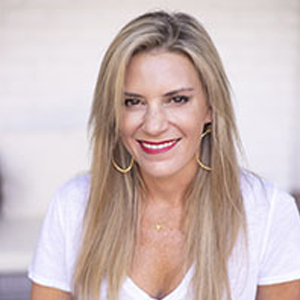
Susie is a principal at Mercer, a global health consulting firm, and a member of the company's Total Health Management Team where she leads the Nutrition and Weight Management Vertical. Additionally, she manages a private practice in Dallas. Susie is a graduate of the University of Oklahoma, Health Sciences Center.
According to the Advances in Nutrition journal, not eating enough plant-based foods when expecting a baby may increase the risk of several gestation-related issues, such as preeclampsia (a serious condition that causes high blood pressure during pregnancy and after labor) and obesity. It can also directly contribute to adverse health outcomes in the infant, including pediatric wheeze, diabetes, neural tube defects and even cancers.
However, it needs to be stressed that dietary requirements change significantly during pregnancy, and eating a well balanced diet is extremely important throughout this time.
Get the world’s most fascinating discoveries delivered straight to your inbox.
“Well-planned vegetarian and vegan diets can be nutritious and healthy, but it is also possible to follow a vegetarian or vegan diet badly,” says Dr. Annette Creedon, nutritionist and nutrition manager at the British Nutrition Foundation. “U.K. dietary surveys indicate that animal-derived foods, such as meat and dairy, are typically important contributors of certain nutrients in our diet including iron, vitamin B12 and calcium. If meat and/or dairy foods are not part of someone’s diet, it’s important to ensure that these nutrients are provided by other dietary sources.”

Annette Creedon has a BSc (Hons) Nutritional Sciences and a PhD in Food Technology from University College Cork, Ireland. Following several post-doctoral contracts where she worked on dietary factors influencing bone turnover, she joined the academic staff at Harper Adams University, Shropshire, U.K. She developed undergraduate programmes in food technology and nutrition and became Head of the Food Technology and Innovation Department in 2017.
Indeed, results from a review in the Clinical Nutrition journal have shown that vegans are at a higher risk of not obtaining enough protein, vitamin B2, vitamin B3, vitamin B12, vitamin D, iodine, zinc, calcium, potassium and selenium. Many of these nutrients are crucial to healthy pregnancy. Vegan mothers-to-be may also have lower blood levels of certain omega-3 and omega-6 fatty acids, as reported in the Nutrients journal.
So what’s the solution? “ You must plan,” says Susie. “It is just imperative that as a future mom you are aware of the potential vitamin and mineral deficiencies that can occur when you avoid certain foods.”
Indeed, according to the Journal of Perinatology, vegan diets may increase the risk for small-for-gestational-age newborns (smaller than the usual amount for the number of weeks of pregnancy) and lower birth weight. Similar findings were presented in the Journal of Maternal-Fetal & Neonatal Medicine, though scientists stressed that the values were still within an acceptable range.
“A baby could be at increased risk of low birth weight or birth defects if a parent's diet does not include enough protein, vitamin B12, vitamin D, calcium, DHA and iron,” says Abbas Kanani, superintendent pharmacist at Chemist Click. “Each stage of fetal growth is dependent on nutrient transfer so a balanced diet is essential to avoid complications.”
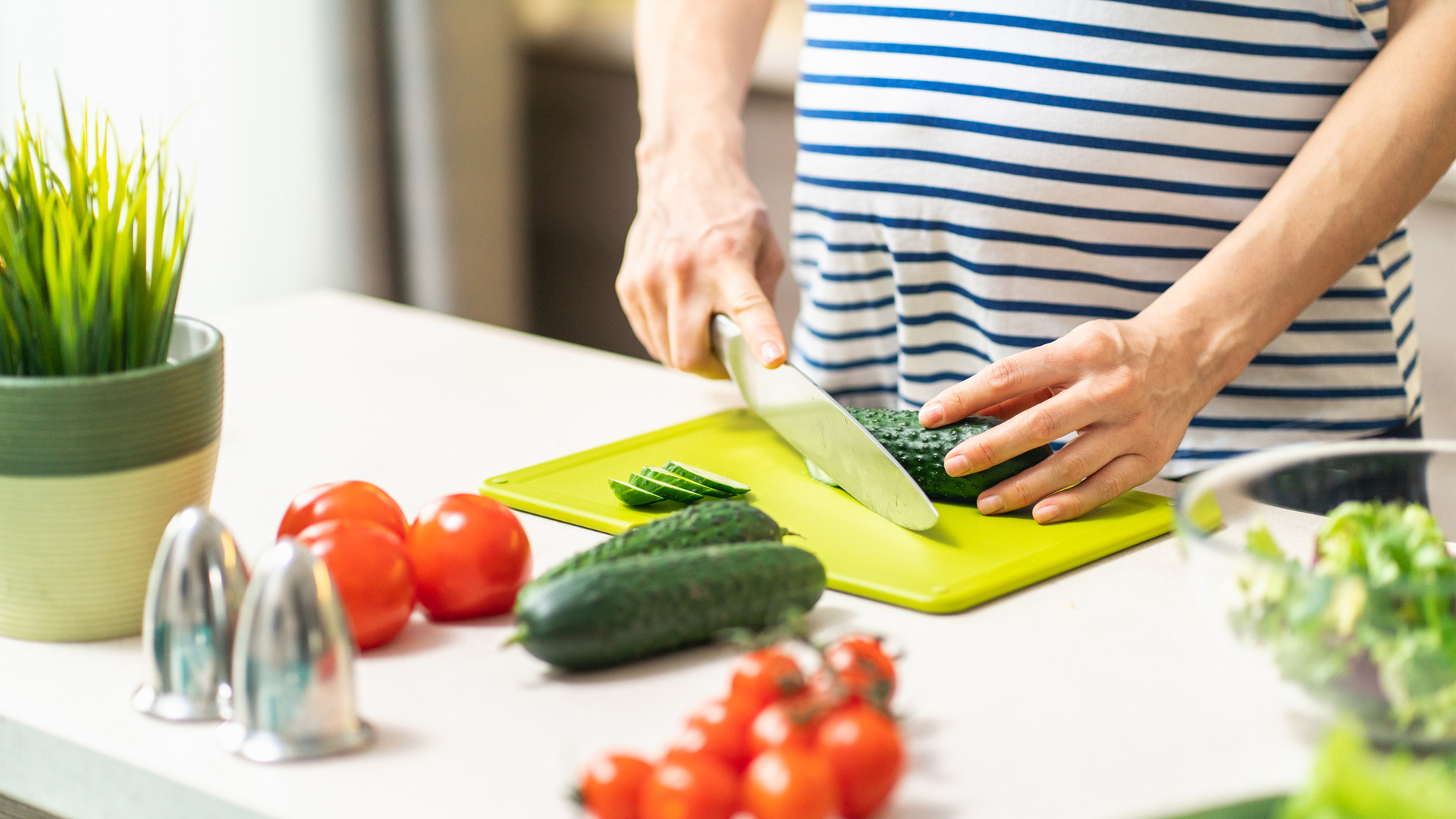
How can you get the right nutrition as a vegan during pregnancy?
General dietary guidelines in pregnancy
Medical guidelines stress the importance of following a healthy, balanced diet while pregnant. According to the US Department of Health and Human Services, pregnancy increases your requirements for energy and certain nutrients, particularly protein, iron, folic acid, calcium, and iodine.
Women also need about 340 extra calories a day in the second trimester, and 450 extra calories a day in the third trimester. They are certain foods to avoid during pregnancy too, including alcohol, caffeine, raw meats, raw eggs, soft unpasteurised cheeses, pre-prepared salads, unpasteurized juices or milks, and raw sprouts.
And in order to obtain enough omega-3 fatty acids, mothers-to-be are encouraged to increase their fish and seafood consumption.
Understandably, some of these guidelines will not apply to a vegan pregnancy, and certain modifications need to be made to suit plant-based mothers-to-be. So here’s how you could apply these recommendations when you don’t eat animal-based products:

Protein
Mothers-to-be need to increase their intake of protein to help the fetus grow and develop properly. Studies have shown that both essential and non-essential amino acids (protein ‘building blocks’) are involved in this complex process.
While animal-based foods contain all essential amino acids, most vegan foods lack one or more of these important compounds. That’s why they are considered as incomplete protein sources. To ensure a good amino acid intake, ‘mix and match’ different plant-based protein sources, for example, pitta bread with hummus. Another solution is to include more complete vegan sources of protein in your diet.
The Recommended Daily Allowance (RDA) for the first trimester of pregnancy is 0.8 g per kg of bodyweight. After the first trimester, it stands at 1.1 g per kg of body weight.
Plant-based sources of protein include:
- Soy and soy-based products, such as tofu and tempeh
- Seitan ('wheat meat')
- Quinoa
- Buckwheat
- Chia and hemp seeds
- Beans, peas, lentils
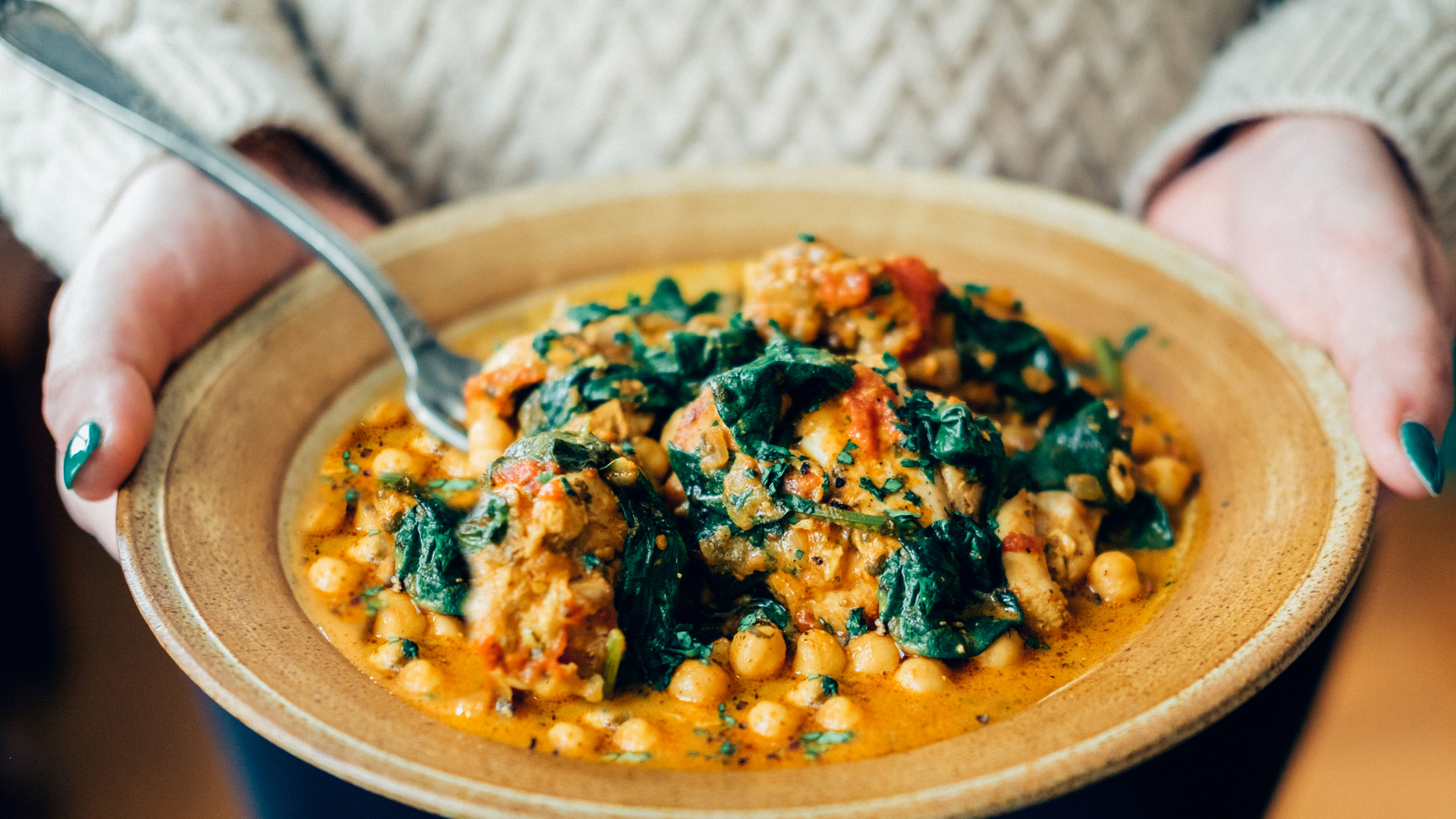
Iron
Iron is crucial to the formation and proper functioning of oxygen-carrying red blood cells. As the fetus grows and develops, the mother's blood volume expands to meet its metabolic needs. According to the American Journal of Obstetrics and Gynecology, iron deficiency in pregnancy can have many negative health consequences, including maternal illness, low birthweight and premature births. Low maternal iron intake has also been linked to autism, schizophrenia and abnormal brain structure, as well as memory problems, slower speed of processing, and poorer bonding in newborns.
Meat, poultry and seafood are particularly rich sources of iron and may have better bioavailability in the digestive tract than plant-based sources. However, studies show that combining plant-based iron with vitamin C tends to improve absorption.
The Recommended Dietary Allowance (RDA) in pregnancy is 27 mg for all ages.
Plant-based sources of iron include:
- Beans, peas and lentils
- Tofu
- Cashew nuts
- Chia, hemp and pumpkin seeds
- Kale
- Dried apricots and figs
Iodine
Adequate iodine intake is essential when expecting a baby. Studies in Proceedings of the Nutrition Society suggest that severe iodine deficiency during pregnancy may cause impaired brain development in the child, with effects on cognitive and motor function, hearing and speech. The evidence is growing that even mild-to-moderate deficiency may result in subtle impairments in cognition and school performance.
Iodine is mainly found in animal-based foods, particularly fish and seafood. However, it can also be found in certain plants, and many food items are routinely fortified with this nutrient.
The Recommended Dietary Allowance (RDA) in pregnancy is 220 mcg.
Plant-based sources of iodine include:
- Wholegrains
- Green beans
- Courgettes
- Kale, spring greens and watercress
- Strawberries
- Seaweed
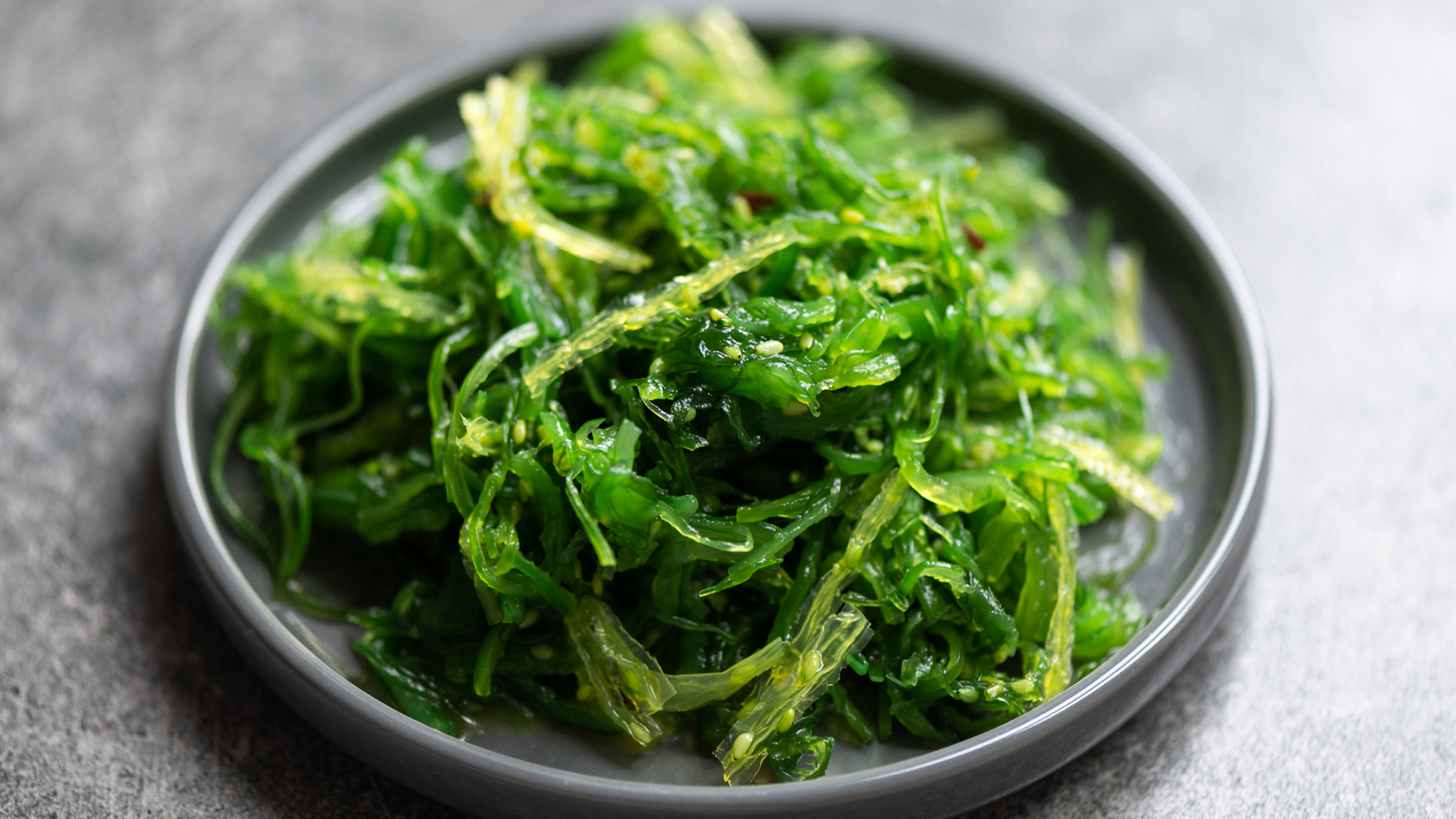
Zinc
Zinc is another nutrient essential to healthy pregnancy. As described in the Biology of Reproduction journal, embryos rely on this trace mineral for proper growth, development and implantation in the womb.
Meats, poultry, and seafood are especially rich in zinc. However, many plant-based foods also contain this nutrient, and some breakfast cereals are fortified with it as well.
The Recommended Dietary Allowance (RDA) in pregnancy is 11-12 mg.
Plant-based sources of zinc include:
- Beans, peas and lentils
- Tofu
- Walnuts and cashew nuts
- Chia, hemp and pumpkin seeds
- Wholemeal bread
- Quinoa
Calcium
Calcium is needed for the formation of bones, nerves, muscles and the heart of a baby. According to a review published in the International Journal of Molecular Sciences, maternal calcium deficiency may lead to altered gene expression in their offspring. This in turn can interfere with hormone balance and increase the risk of metabolic complications in newborns.
Although the requirements for calcium do not rise in pregnancy, many vegans do not consume enough of it. But you don’t have to resort to dairy products to get enough of this important nutrient. Most of the best milk alternatives and breakfast cereals are fortified with calcium.
Plant-based sources of calcium include:
- Soy and soy-based foods
- Beans, peas and lentils
- Almonds and Brazil nuts
- Sesame, chia and flaxseeds
- Dark leafy greens
- Cruciferous vegetables
- Fortified milk alternatives
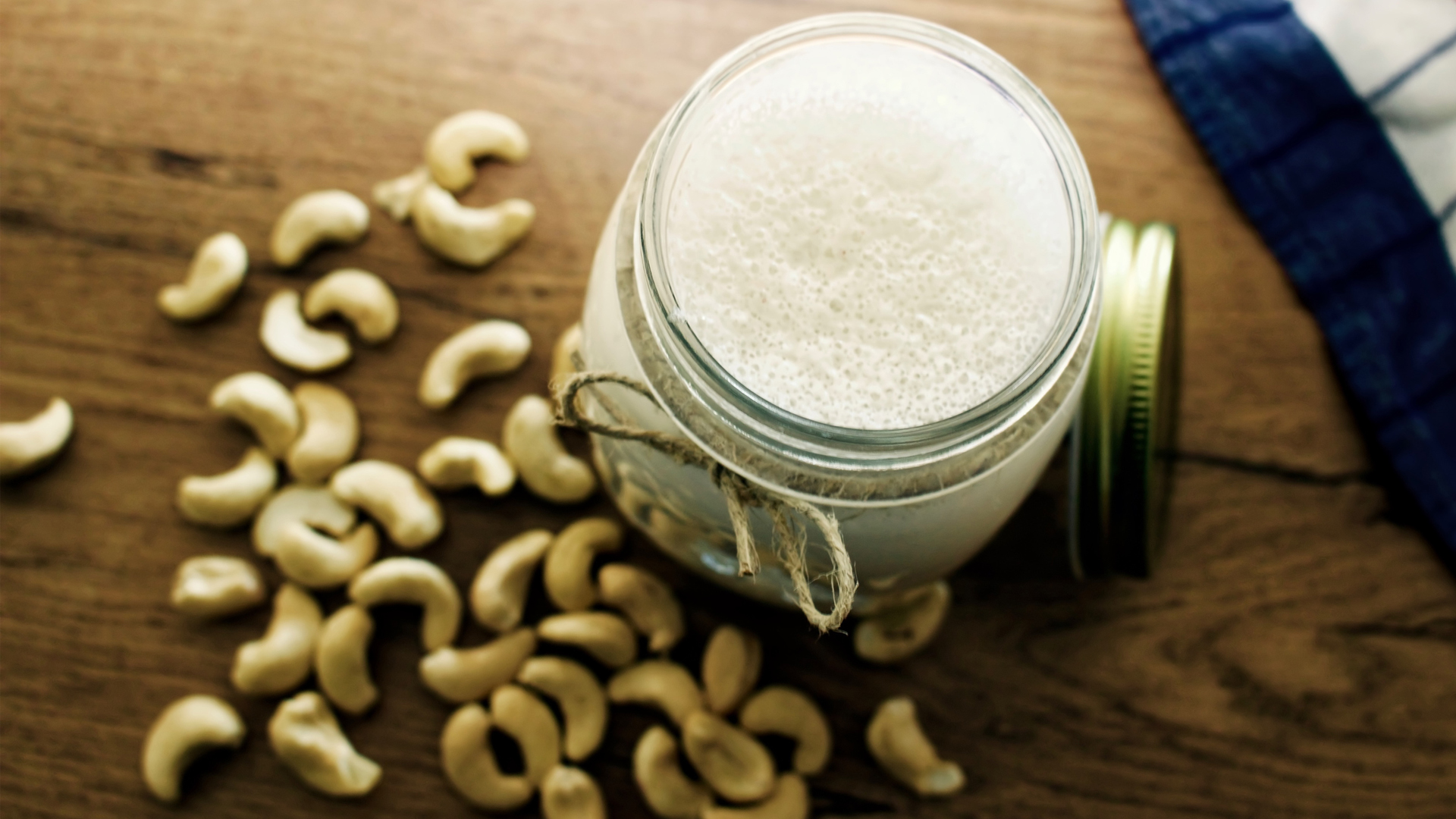
Vitamin B9 (folic acid)
Folic acid is crucial to a healthy pregnancy, and medical professionals routinely advise mothers-to-be to supplement this nutrient. Getting enough of vitamin B9 reduces the incidence of neural tube birth defects involving the spine and the brain. The evidence is growing that this nutrient may also reduce the risk of autism in infants, and have beneficial effects on their neurodevelopment, as stated in the PLoS One journal.
The Recommended Dietary Allowance (RDA) in pregnancy is 600 mcg.
Plant-based sources of folic acid include:
- Leafy greens
- Beans, peas and lentils
- Oranges
- Beetroot
- Quinoa
- Mango
- Asparagus
- Chia seeds and ground linseed
Vitamin B12 (cobalamin)
When it comes to vegan pregnancy, vitamin B12 intake should be of particular concern. As this nutrient is almost non-existent in plant-based foods, vegans are advised to supplement it. According to scientists from the European Journal of Haematology, low intakes of cobalamin in pregnancy may have a negative effect on children’s cognitive and motor function. It can also significantly impact their growth.
You can find B12 in:
- Breakfast cereals fortified with vitamin B12
- Unsweetened soya drinks fortified with vitamin B12
- Yeast extract, such as Marmite
- Nutritional yeast flakes fortified with vitamin B12

It is also advisable that pregnant people eating a vegan diet take a supplement of B12 to ensure the body is getting the recommended daily allowance (2.6 mcg in pregnancy).
- Read more: Seven sources of vitamin B12
Vitamin D
According to the Critical Reviews in Food Science and Nutrition journal, not getting enough vitamin D during pregnancy may increase the risk of preeclampsia and gestational diabetes in mothers, as well as preterm births and low birth weight in newborns.
Vitamin D status is of particular importance in vegan pregnancy, despite the fact that the requirements for this nutrient do not change. As most sources of this vitamin are animal-based, those on plant-based diets may be at much higher risk of developing deficiency. You may need to turn to foods that are fortified with vitamin D, or take supplements.
Omega-3 fatty acids
Omega-3 fatty acids can provide a host of health benefits. The evidence is growing that these nutrients may also have an impact on pregnancy. According to a recently published Cochrane systematic review, women who take omega-3 supplements during gestation may be at a lower risk of preterm birth, while their infants are less likely to present with low birth weight, die prematurely, or be admitted to neonatal care.
Studies in the Journal of Nutrition also found that omega-3 supplementation may have a beneficial impact on a baby’s cognitive development. However, researchers stress that these are all preliminary findings, and more studies are needed to fully understand the nature of these associations.
Fish and seafood are by far the best dietary sources of omega-3 fatty acids. Having said this, certain plant-based foods can help you improve their intake as well, and algae-based dietary supplements are widely available.
Plant-based sources of omega-3 fatty acids include:
- Walnuts
- Flaxseeds, chia seeds and hemp seeds
- Edamame
- Seaweed and algae
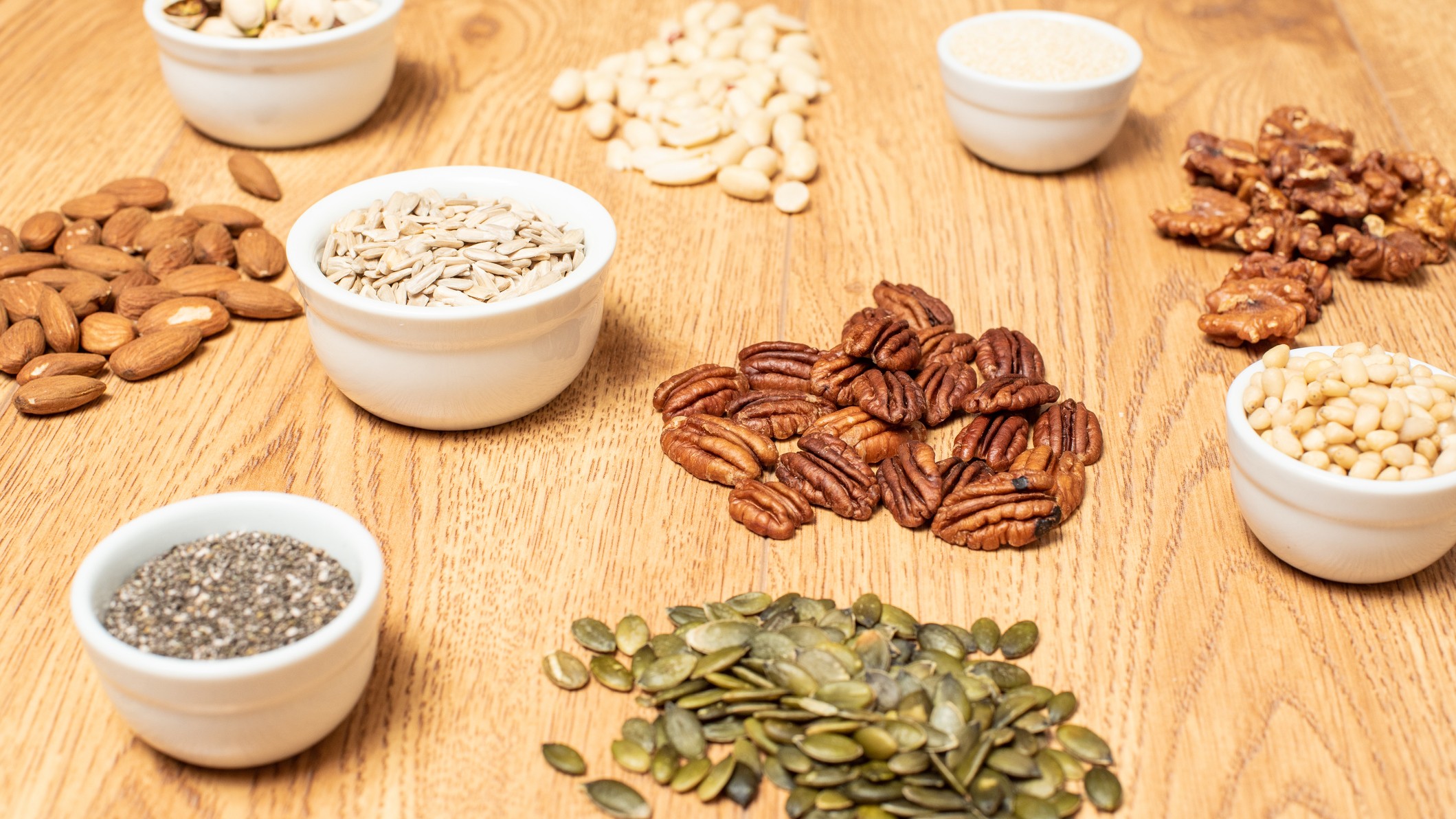
Choline
Adequate choline intake may be another important factor in vegan pregnancy. According to a review published in the Journal of the American Dietetic Association, this nutrient plays a key role in fetal brain and nervous system development. And although the exact dietary requirements for choline are unknown, pregnant women are advised to eat 450 mg of this nutrient a day.
Plant-based sources of choline include:
- Tofu and soy-based products
- Cruciferous vegetables
- Beans
- Quinoa
- Peanuts and peanut butter
Do you need to supplement as a vegan during pregnancy?
There is a lot of conflicting information about the safety and efficacy of different prenatal dietary supplements.
The Obstetrical & Gynecological Survey compared pregnancy guidelines from different public health institutions. The World Health Organization (WHO), International Federation of Gynecology and Obstetrics (FIGO), and National Institute for Health and Care Excellence (NICE) recommend supplementing with 400 μg of folic acid a day. But when it comes to other micronutrients, they do not hold a similar stance.
FIGO encourages pregnant women to also supplement iron (30 mg per day starting at the first prenatal visit or as soon as possible for preventing anemia at term) and iodine (daily oral multiple micronutrient supplement that contains 150 μg of iodine). Only FIGO supports multiple micronutrient supplementation as an option in specific settings. One of such exceptions is a vegan diet.
FIGO advice also states that vegan mothers-to-be should consult with a nutritionist or a registered dietician before they start pregnancy. They should also be screened for vitamin D deficiency, and if necessary, take supplements with vitamin D3.
Caroline Susie agrees. “Vegan moms who are planning to start a family should ensure they are meeting their vitamin and mineral level needs,” she says. “Let your doctor know you are vegan and meet with a registered dietitian who can help you meet your dietary needs during this special time. Those who are vegan want to ensure they have enough DHA, folic acid, iodine, iron, and choline. Also, a friendly reminder to check with your doctor before adding any additional supplements.”
Cravings on a vegan diet during pregnancy
Cravings during pregnancy are a common phenomenon, but scientists aren’t entirely sure why they happen.
“It may be associated with changes in the body’s hormone levels during pregnancy, although there is little evidence to support this,” says Dr. Creedon. Some studies suggest they may not be rooted in one’s biology, but rather in various cultural, psychological, and social factors, as described in the Frontiers in Psychology journal.
Most expectant mothers go with their cravings, as long as they are not harmful to the baby. However, when vegan mothers start obsessing over meat, it may leave them surprised and rather confused.
Most experts agree that you do not need to follow the cravings, but you may try to make them more bearable by choosing to eat more of certain plant-based foods.
“I am a big believer in honoring your cravings and there are many meat substitute products on the market today for both eggs and chicken that are ‘vegan friendly’”, says Susie.
This article is for informational purposes only and is not meant to offer medical advice.

Anna Gora is a health writer at Live Science, having previously worked across Coach, Fit&Well, T3, TechRadar and Tom's Guide. She is a certified personal trainer, nutritionist and health coach with nearly 10 years of professional experience. Anna holds a Bachelor's degree in Nutrition from the Warsaw University of Life Sciences, a Master’s degree in Nutrition, Physical Activity & Public Health from the University of Bristol, as well as various health coaching certificates. She is passionate about empowering people to live a healthy lifestyle and promoting the benefits of a plant-based diet.
 Live Science Plus
Live Science Plus










